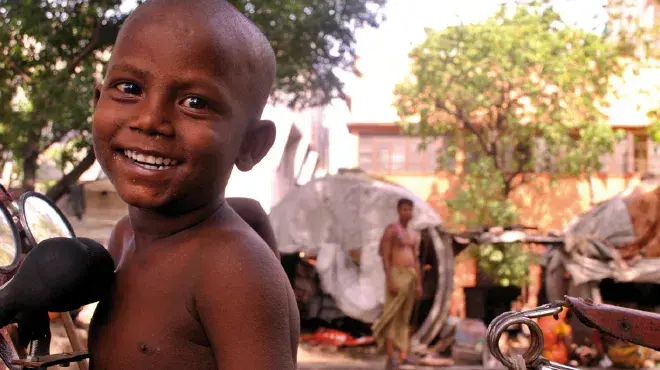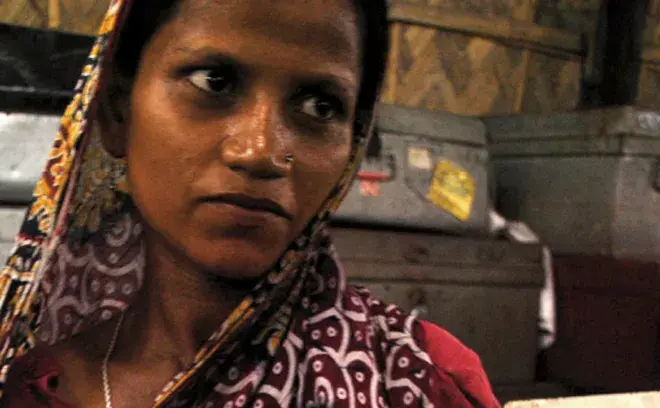Guide to Giving
Even the wealthiest government, business, or individual has limited resources. A dollar spent in one place cannot be spent elsewhere. When we say that we want to do everything, we are deceiving ourselves – because that is not what happens in practice. A few big issues get the most air-time, attention, and money.
Our steadfast belief is that in a world fraught with competing causes for attention, we need to direct more resources to the areas where we could achieve the most.
The Copenhagen Consensus Center's flagship projects are our four-yearly analyses of global challenges. The most recent was held in 2008.
We are often asked by individuals: how can I make personal donations in line with Copenhagen Consensus findings? This Guide provides an answer. Each chapter presents research on the solutions that the 2008 Copenhagen Consensus Nobel Laureate Expert Panel highly recommended.
Download the Guide
Where Does the Research Come From?
The Copenhagen Consensus Center’s flagship projects are four-yearly analyses of solutions to global challenges. In Copenhagen Consensus 2008, the Copenhagen Consensus Center commissioned world-renowned experts to write research papers on the costs and benefits of a range of investments to help improve major world problems. Debate and discussion was encouraged through the addition of two sets of ‘Alternative Perspective’ research papers for each challenge, also written by international experts.
All of this research, in itself, provides a valuable contribution to international development and aid policy. But in line with the Copenhagen Consensus Center’s advocacy for prioritization of scarce resources, the projects actually went a step further. We tested and debated the experts’ recommendations, and identified the most attractive possibilities. This was achieved by gathering eight of the world’s foremost economists – including four Nobel laureates in 2004 and five Nobel laureates in 2008. This Expert Panel engaged with all of the experts and came to their own conclusions about the merits of each suggested solution.
They weighed up each proposed investment and compared it to the other options. With a hypothetical limited budget in order to focus their decisions, the Expert Panel created a prioritized list, which identified what they found to be the best and worst investments.
Why did economists make the selection?
When it comes to setting economic priorities among such options, the best people to turn to are economists. They focus on where limited funds could achieve the most good, by examining the costs and benefits of each proposed investment.
Why are some recommendations 'missing'?
You will note, when you look at the raw list of Copenhagen Consensus 2008 results, that we have not included two of the highly-recommended investments: the implementation of the Doha Round (ranked second) or the management of heart attack victims in underdeveloped nations (ranked eleventh). The reason for these omissions is that we believe that these interventions are more relevant to policy-makers than to philanthropists and donors.
Which organization should I donate money to?
As well as summarizing each challenge and its solutions, and explaining where you can find the original research, the Copenhagen Consensus Guide to Giving provides a brief list of some inspiring organizations that are actively working in the area that we describe.
The Copenhagen Consensus Center does not intend to endorse any particular organization. We have not closely vetted the work that they do. We do think, however, that it is sensible to point to reputable organizations working in the areas where small donations could make a big difference.
In some cases, the Copenhagen Consensus Center has cooperated in different ways with these organizations.
In every case, we recommend that you conduct your own research before deciding where to make a donation.



